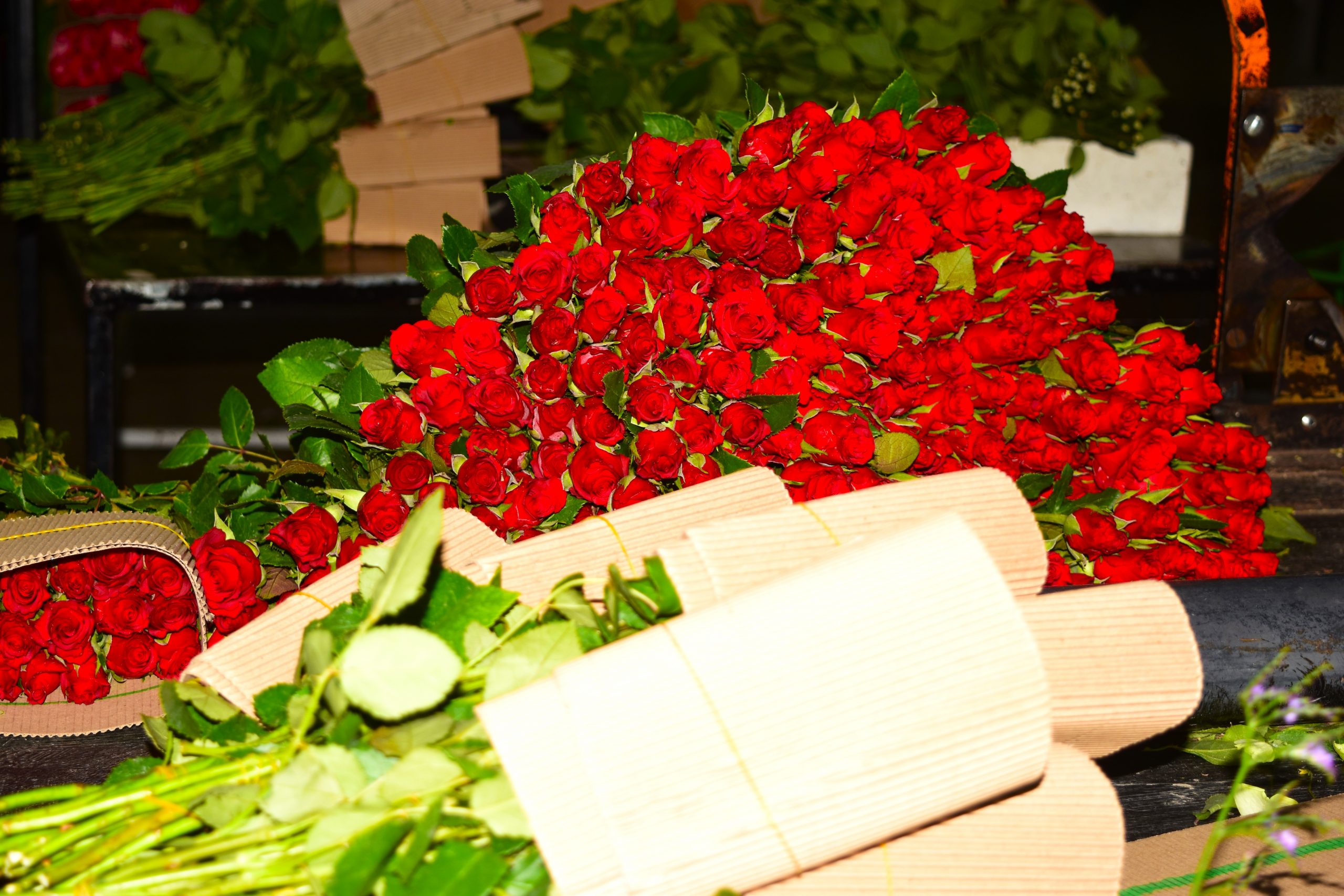
Kenyan Flower Exporters Face Critical Air Cargo Challenges
Kenyan flower exporters have raised concerns about the "critical" air cargo rates and capacity levels, affecting farmers.
Kenyan flower exporters have raised concerns about the “critical” air cargo rates and capacity levels, affecting farmers.
In early October, airfreight capacity from Africa to Europe dropped by 8% year-on-year, according to Rotate’s capacity database, with Nairobi seeing a nearly 12% decline. Rates have also surged. Pressure on airfreight has also intensified due to challenges on the Suez Canal, affecting other East African perishables that could have been shipped by sea but now rely on air freight.
According to Willum Van den Hoogen, Managing Director of Florius International, the rates this winter season, which began last week, have risen significantly from Kenya as observable a 15% increase compared to last year.
Kenya’s rates are now 80% higher than Ethiopia’s for shipments to the Benelux. Van den Hoogen attributed this to reduced capacity due to East-West e-commerce opportunities and sea-air alternatives driven by the Middle Eastern crisis. He warned that this could become critical for heavier or bulky flowers, especially during slower market periods.
If Kenya experiences a dry and sunny winter and spring, airfreight demand will increase, as last year’s poor weather impacted flower production.
Despite lower capacity data, most airlines have insisted they haven’t reduced flights. Lufthansa Cargo has, in fact, increased services to Kenya via Brussels Airlines and Lufthansa passenger flights. However, it has also increased freighter frequencies to destinations in India and China to capitalize on the e-commerce market.
Qatar Airways Cargo has maintained its three weekly freighters to Kenya but rerouted flights through Doha instead of direct to Liege, which is less ideal for perishables of exporters. Network Aviation Group, which operates six weekly flights from Nairobi to Liege, confirmed its commitment to the Kenyan horticultural industry, even considering a seventh flight.
Magma, on the other hand, reduced its Nairobi-Liege flights from four to three per week in September due to a temporary fleet reduction. However, James Gilliard, head of commercial, reaffirmed Magma’s commitment to the Kenyan market and stated that they would consider restoring the fourth flight once their fleet expands.
Van den Hoogen suggested that airlines could take advantage of lower cargo volumes during certain periods, like Chinese New Year, to transport flowers from Kenya to Europe. However, he emphasized that demand for expensive airfreight will depend on flower production levels and Dutch auction prices for exporters produce.
“There will be times when it’s worth paying a higher premium for peak production, and other times when it’s smarter to compost the excess flowers,” he concluded.

